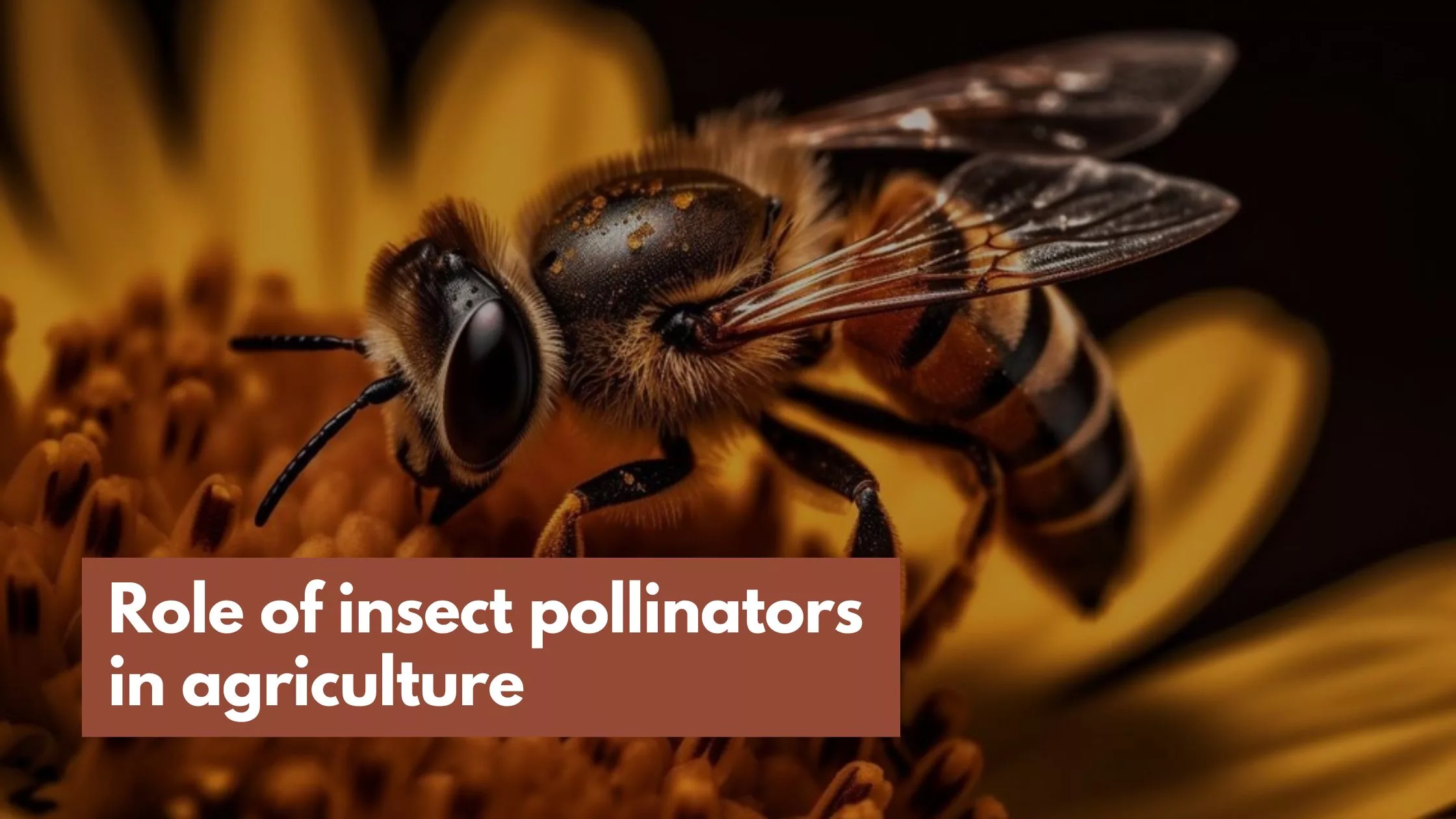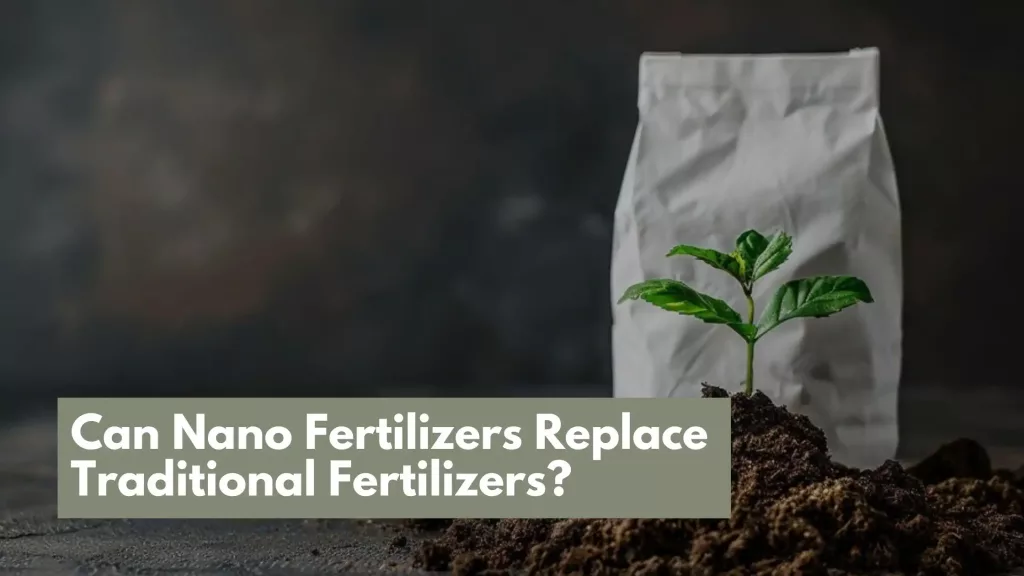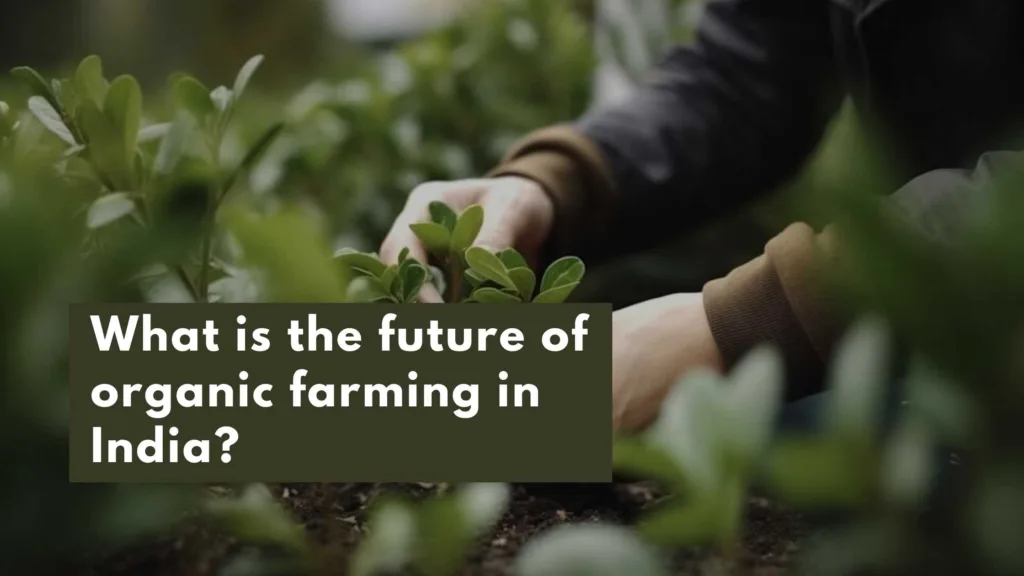Introduction
Insect pollinators in agriculture play a vital role in the reproduction processes of many species. They are the unsung heroes of agriculture who help farmers and countless species reproduce. Bees, butterflies, moths, and flies are pollinators facilitating pollen transfer from crop to crop. These tiny creatures ensure the successful fertilization of many crops in agriculture.
It is impossible to overestimate the importance of insect-mediated pollination for fruits, vegetables, nuts, and other crops. However, many issues, such as habitat loss and chemical exposure, threaten the number of insect pollinators.
This blog examines the critical function of insect pollinators in agriculture and the necessity of preserving and assisting these crucial contributors to our food supply. It also examines how insects help pollinate and enhance crop yield and quality.
Amazing Facts about Insect Pollination
A crucial step in plant reproduction is pollination, which involves the movement of pollen grains from the male reproductive organs (anthers) to the female reproductive organs (stigma) of flowers. Co-evolving with plants, insects like bees, butterflies, moths, and flies have formed complex connections that allow the effective transport of pollen. Insects unintentionally move pollen from one bloom to another as part of their foraging behavior, eating nectar or pollen, encouraging cross-pollination and genetic diversity.
Agricultural Crops and Insect Pollinators’ Relationship
Insect pollinators are essential to the reproductive success of many crops. Insect-mediated pollination benefits a variety of crops, including fruits, vegetables, nuts, oilseeds, and fodder crops. Estimates indicate that over 75% of the world’s food crops depend, at least in part, on pollinators, and insect-pollinated crops have significant economic value. These crops would only be able to produce or maintain their quality with insect pollinators, resulting in poorer yields, a smaller variety of crops, and more food insecurity.
Bees: The Pollination Superheroes
Bees are the most effective and versatile insect pollinators, dominating the field. Solitary bees, honeybees, and bumblebees provide essential agricultural pollination services. For millennia, beekeepers have domesticated and regulated honeybees, increasing agricultural yield through managed pollination. They are practical and dependable pollinators thanks to their exceptional communication and foraging skills, as well as the organization of their hives.
Threats to Insect Pollinators
Insect pollinators provide vital services but are endangered by various issues that threaten their numbers. Significant dangers include habitat loss, pesticide use, climate change, and developing illnesses and parasites. Insect feeding behaviors are disrupted by habitat fragmentation and the depletion of floral resources, which restrict their access to pollen and nectar. Pesticides, especially neonicotinoids, when used indiscriminately, affect pollinators by disrupting their immunological, reproductive, and navigational systems.
Promoting Pollinator-Friendly Agriculture
Several measures may used to protect insect pollinators in the long run and preserve sustainable agricultural systems. Adopting agroecological practices, such as growing cover crops, establishing habitats full of flowers, and using fewer pesticides, can help pollinators thrive. Supporting the pollinator population can also achieved through promoting the preservation of natural landscapes and the creation of protected areas. Cooperation between farmers, scientists, policymakers, and the general public is crucial to raise awareness, promote education, and develop policies that protect pollinators.
We need to protect pollinators
Pollinator protection is of the utmost significance for the continued viability of our ecosystems and agriculture. We can support the many requirements of pollinators by protecting and developing ecosystems that offer food, shelter, and nesting locations. In addition, it is essential to minimize or completely stop the use of dangerous pesticides, particularly neonicotinoids, to protect their health and well-being. Education and awareness campaigns can be beneficial in encouraging farmers, gardeners, and the general public to adopt pollinator-friendly practices. Together, we can protect these priceless animals and preserve our food systems’ resilience, variety, and productivity for future generations.
How pollinators enhance crop yield and Quality
Pollinators like bees, butterflies, and other insects significantly improve crop output and quality through their pollination services. These pollinators unintentionally spread pollen from the male reproductive organs of plants to the female reproductive organs of flowers when they visit blooms in quest of nectar or pollen. Cross-pollination allows flower fertilization, which produces seeds, fruits, and other plant reproductive structures.
Increased agricultural yield: The amount of crops produced is directly impacted by pollination. A higher fruit set ensures adequate pollination, making more seeds or fruits per plant. This results in improved yields for farmers and more food being available to consumers.
Improved crop quality: Pollination also has a significant influence on the quality of agricultural output, which results in better crop quality. Fruits with proper pollination are more homogeneous in size, shape, and color. Fruits and vegetables can improve their flavor, fragrance, and nutritional value. In addition to improving crop quality and genetic variety, pollination helps crops like grains and oilseeds from their seeds.
In essence, the quantity and quality of agricultural products are directly influenced by the presence of pollinators. By guaranteeing the presence of these essential pollinators, we can increase crop output, boost food quality, and help create a more resilient and sustainable agricultural system.
Conclusion
The interaction between insect pollinators and agriculture demonstrates the deep interconnectedness of species within ecosystems. We can ensure the ongoing productivity and resilience of agricultural systems by understanding the crucial role of insect pollinators in agriculture and addressing the risks they face. In addition to being morally required, protecting these vital species is essential for food security and biodiversity preservation. We can defend insect pollinators’ priceless contributions and ensure the continued success of agriculture by working together and using sustainable practices.



